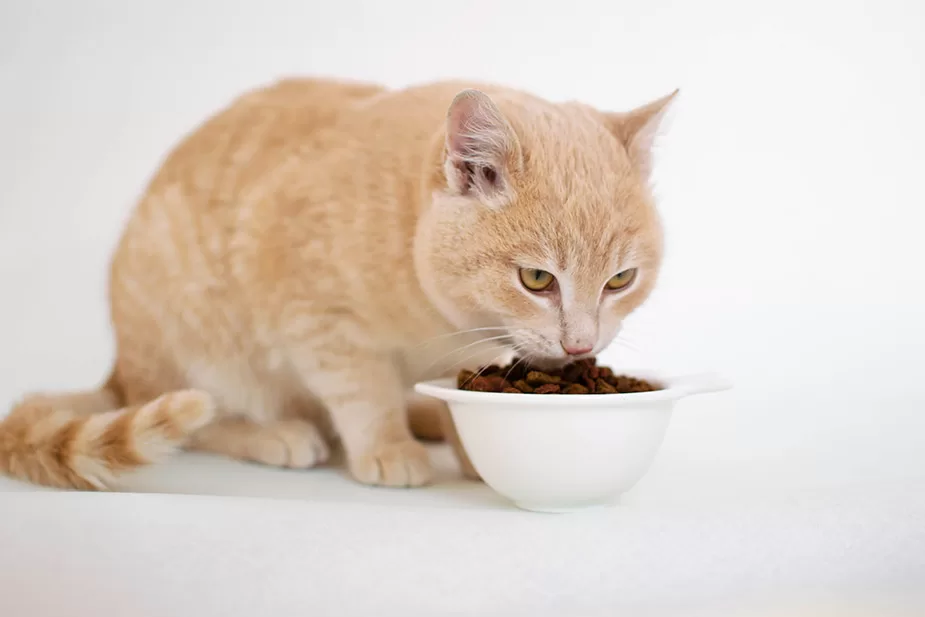As cat lovers, we all want to provide our feline friends with the best possible nutrition. But with so many different cat food options available, it can be difficult to know what’s truly best for our cats. While some cats may have a preference for certain types of food, it’s important to understand what their bodies truly need in order to thrive.
When it comes to the ideal diet for cats, the most important thing to understand is that cats are obligate carnivores. This means that their bodies are designed to thrive on a diet that is primarily made up of animal protein. In the wild, cats would eat mostly small prey animals such as mice, birds, and fish. In order to mimic this diet as closely as possible, it’s best to feed cats a diet that is high in animal protein and low in carbohydrates.
Many commercial cat foods are formulated to meet these nutritional requirements, but it’s important to read the ingredient list to make sure that the first few ingredients listed are high-quality animal proteins such as chicken, fish, or turkey. Avoid foods that list grains or plant proteins as the first ingredient, as these are not as easily digestible for cats and can contribute to health problems.
When it comes to wet or dry food, both have their pros and cons. Wet food is a good option because it is more similar to the diet that cats would eat in the wild, and it’s also higher in moisture which can be beneficial for cats that are prone to urinary tract problems. Dry food, on the other hand, can be a convenient option because it has a longer shelf life and is often less expensive. It’s also a good option for cats that are prone to dental problems, as the crunchy texture of dry food can help to keep their teeth clean.
It’s also important to note that cats have unique nutritional needs when compared to dogs or humans, so it’s important to avoid giving them table scraps or human food. Many human foods, including garlic, onions, and chocolate, can be toxic to cats, and some fruits and vegetables can cause stomach upset.
In conclusion, cats are obligate carnivores and need a diet that is high in animal protein and low in carbohydrates. When choosing a cat food, it’s important to read the ingredient list and look for high-quality animal proteins as the first ingredients. Both wet and dry food have their pros and cons, and it’s important to understand your cat’s unique nutritional needs. And always keep in mind that cats have unique nutritional needs, and table scraps or human food should be avoided. By providing your cat with the right diet, you can help ensure a long and healthy life for your feline friend.

